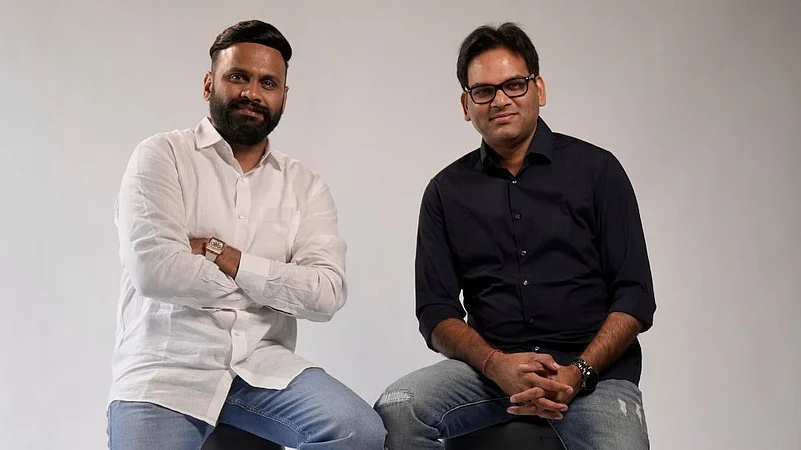
Peak XV Partners, formerly Sequoia Capital India, is in talks to invest around $5 million in quick-commerce startup Zilo
The deal would be the firm’s first major foray into the sector, which it had previously avoided
Zilo plans to use the funds to expand its supply chain, brand partnerships, and city presence beyond Mumbai by 2025
Peak XV Partners, formerly known as Sequoia Capital India, is all set to make its first investment in India’s rapidly growing quick commerce sector. The VC firm is reportedly planning to fund fashion-focused delivery start-up Zilo, according to MoneyControl reports.
The report stated that Zilo is reportedly in discussions with Peak XV to raise about $5 million in an early-stage funding round. The fresh capital is expected to give Zilo’s cap table a substantial boost as it navigates an intensely competitive quick commerce landscape.
The investment marks a strategic shift for the venture capital firm, as previously it had avoided the 10-minute delivery space despite knowing that the marquee investors poured money in it.
This came after Zilo already raised $4.5 million in seed round led by InfoEdge Ventures and Chiratae Ventures in July.
Zilo plans to channel the new funds into strengthening its supply chain, expanding collaborations with fashion brands, and scaling operations beyond Mumbai to other major Indian cities by late 2025.
Zilo is an online fashion marketplace that offers trending fashion outfits from various brands like Louis Philippe, United Colors of Benetton, Jack & Jones, Rare Rabbit, Puma, Reebok, Snitch, Andamen, The Souled Store, Manyavar, Veromoda, among others.
The start-up was founded by former Flipkart and Myntra executive Padmakumar Pal, along with Bhavik Jhaveri, in 2025. The platform delivers trending clothes in just 60 minutes. It even plans to offer over 250 brands and nearly 100,000 styles, along with category expansion to footwear, watches, bags, etc., by this festive season.
The Indian quick commerce market has experienced remarkable growth, expanding from $0.5 billion in FY22 to $3.3 billion in FY24, more than fourfold increase in just two years. Nearly one in three urban Indian shoppers now depend on quick commerce platforms for their primary grocery needs, signalling a fundamental transformation in how convenience is defined.
As urban consumers increasingly seek access to trend-led fashion and lifestyle products through the same seamless, on-demand channels, the boundaries of quick commerce are being rapidly redefined.

































